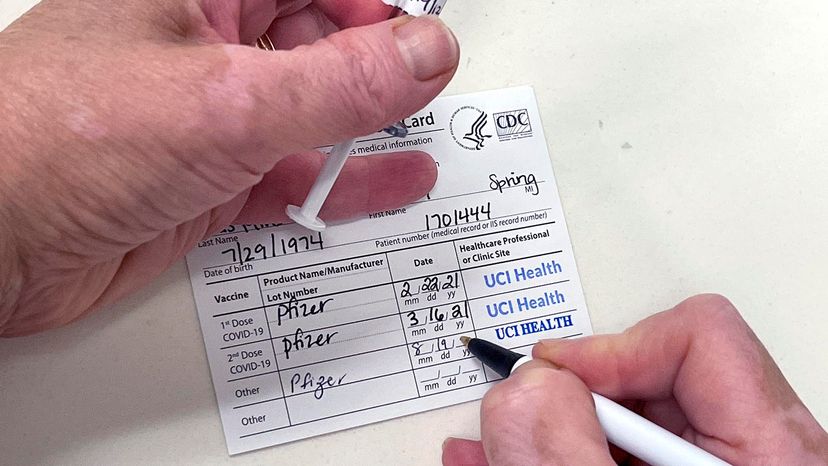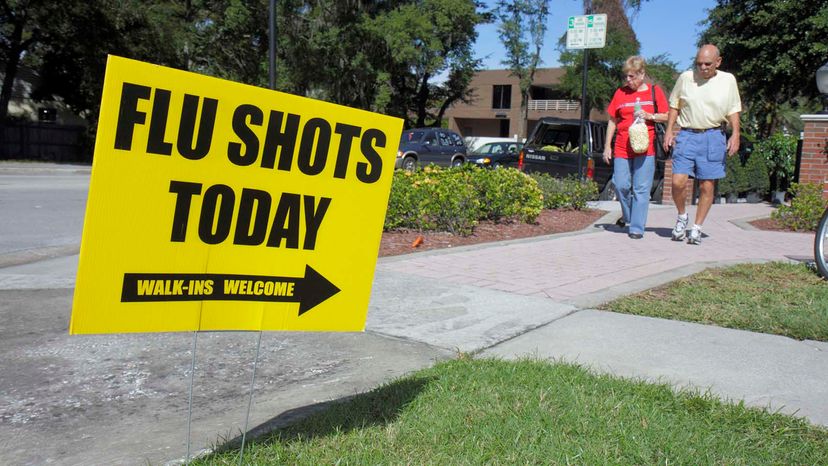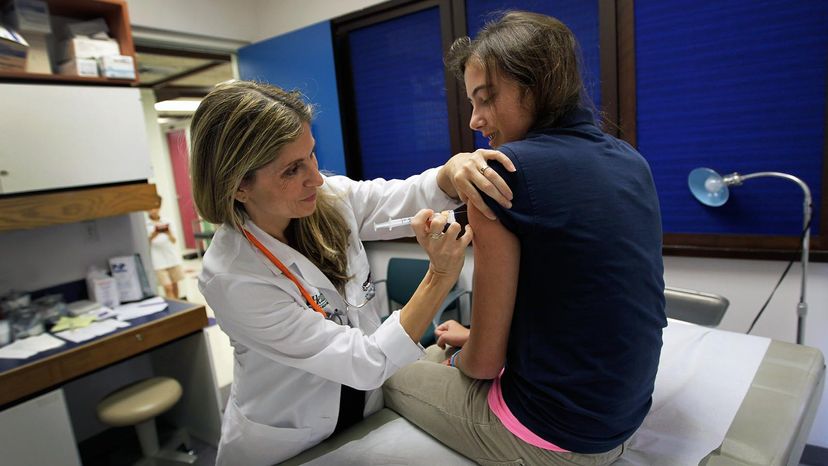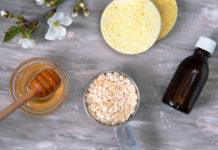\”
 \”The FDA just approved the Pfizer COVID-19 vaccine, and the U.S. Department of Health and Human Services is recommending everyone now get a COVID-19 booster shot starting Sept. 20. Jeff Gritchen/MediaNews Group/Orange County Register via Getty Images
\”The FDA just approved the Pfizer COVID-19 vaccine, and the U.S. Department of Health and Human Services is recommending everyone now get a COVID-19 booster shot starting Sept. 20. Jeff Gritchen/MediaNews Group/Orange County Register via Getty Images
The U.S. Department of Health and Human Services issued a joint statement Aug. 18, 2021, declaring that vaccinated Americans will be eligible for a COVID-19 booster shot beginning Sept. 20. This news came six days after the Federal Drug Administration (FDA) authorized booster vaccines for certain immunocompromised individuals.
The approvals are part of a concerted effort to combat the highly contagious delta variant and stave off waning immunity from the original mRNA vaccines. But what does this mean for you? And how do scientists know whether a vaccine requires a booster in the first place?
First, let\’s examine some of the science behind booster shots.
The Lowdown on Booster Shots
A booster vaccine is an additional dose of immunization given months or years after the initial injection. Whether or not a booster vaccine is necessary depends on several factors: the type of pathogen being targeted, the patient\’s immune system, new disease mutations or the mechanism of the vaccine itself.
One major reason some vaccines require boosters is that the protection they confer gradually diminishes over time. "For example, whooping cough," says Dr. Amesh Adalja, a senior scholar at Johns Hopkins Center for Health Security. "That vaccine immunity wears off."
After one dose of the whooping cough (also known as pertussis) vaccine, your body launches a strong immune response, releasing antibodies to protect you from the bacterial toxin that causes severe, monthslong bouts of coughing. But given time and lack of exposure, your immune system "forgets" how to fight off this toxin. The Centers for Disease Control and Prevention (CDC) recommends getting a booster every 10 years to (metaphorically) jog your immune system\’s memory and prime it to protect you once more.
The whooping cough booster uses the same mechanism as the initial dose to trigger an immune response. But some vaccines employ another strategy, known as heterologous vaccination. "Heterologous means using different types of vaccines to boost immunity," Adalja says.
Meningitis is one such shot. The first formulation, which protects against four common types of meningitis, is typically administered to kids around age 11, with a booster at age 16. However, a different formulation is also recommended for teens and young adults between ages 16 to 23. This second jab safeguards against meningitis B, which is more likely to infect college-aged people. Together, they form a one-two punch of protection.
 \”
\” \”Flu vaccines are reformulated every year because new strains can emerge and because there are so many different variants, booster shots simply don\’t work.Jeffrey Greenberg/Universal Images Group via Getty Images
\”Flu vaccines are reformulated every year because new strains can emerge and because there are so many different variants, booster shots simply don\’t work.Jeffrey Greenberg/Universal Images Group via Getty Images
To Booster Shot or Not?
Unfortunately, simply adding a booster isn\’t an option for all vaccines; certain pathogens change too fast and too radically from year to year. For instance, the annual flu shot. "The flu vaccine is a complete reformulation," Adalja says. "It\’s not a booster, it\’s just a whole new vaccine."
There are four main types of seasonal influenza virus and each type has dozens of variants. Scientists try to predict which ones will be dominant each year when they formulate the newest flu vaccine, but it\’s always a moving target. And sometimes a new strain emerges unexpectedly, as with the 2009 swine flu pandemic.
In contrast to the flu virus, however, some pathogens mutate extremely slowly. The yellow fever vaccine provides lifelong immunity to most people after only a single dose. Researchers have been able to determine the long-term efficacy of these vaccines through natural history studies that follow patients over a period of many years. By regularly screening these volunteers for breakthrough infections and monitoring their levels of antibodies, they can develop a clear picture of when and whether a booster dose is necessary.
But you may be thinking, COVID-19 vaccines haven\’t been around for very long — certainly not long enough for a natural history study. How do we know whether boosters are necessary?
Why Get a COVID-19 Booster?
It\’s true that the coronavirus only emerged recently. But when it comes to vaccine research, scientists have spared no expense. The disease may be less than 2 years old, but COVID-19 is one of the best researched diseases, ever. And some of those data suggest that COVID-19 immunity does begin to wane after a period of several months.
"Eventually all of us will need booster shots for our COVID vaccines because the immune response we get to that vaccine decreases over time," Dr. Dorry Segev, an epidemiologist at Johns Hopkins University, said in a statement. "Ongoing research will tell us better what that magic window is."
Recently, a team of Israeli scientists published a seven months-long study of COVID-19 immunity in individuals who had received the Pfizer vaccine. They found that over that time, the patients\’ resistance to infection dropped from 95 percent to 39 percent. However, they also determined that vaccinated people remained more than 90 percent protected from severe disease.
A second study quickly followed after the Israeli government gave the green light for COVID-19 booster shots. This one found that a third dose of vaccine was very effective in preventing breakthrough infections in people over age 60. Even better, it appears to give protection against the Delta variant.
These studies prompted the FDA and CDC to take action, authorizing booster shots for folks in the U.S. eight months after their first immunization. The agencies hope that this, in combination with an FDA stamp of approval for the Pfizer vaccine, will quell the most recent surge of infections brought on by the Delta variant.
 \”
\” \”The HPV vaccine often requires a booster shot. For example, the CDC recommends adolescents aged 9 through 14 who received two doses of HPV vaccine less than 5 months apart have a third dose.Joe Raedle/Getty ImagesNow That\’s Interesting
\”The HPV vaccine often requires a booster shot. For example, the CDC recommends adolescents aged 9 through 14 who received two doses of HPV vaccine less than 5 months apart have a third dose.Joe Raedle/Getty ImagesNow That\’s Interesting
Getting vaccinated isn\’t just a good health decision, it\’s a sound economic investment as well. Research shows that for every dollar a country spends on vaccination, its economy grows by around $44.
















